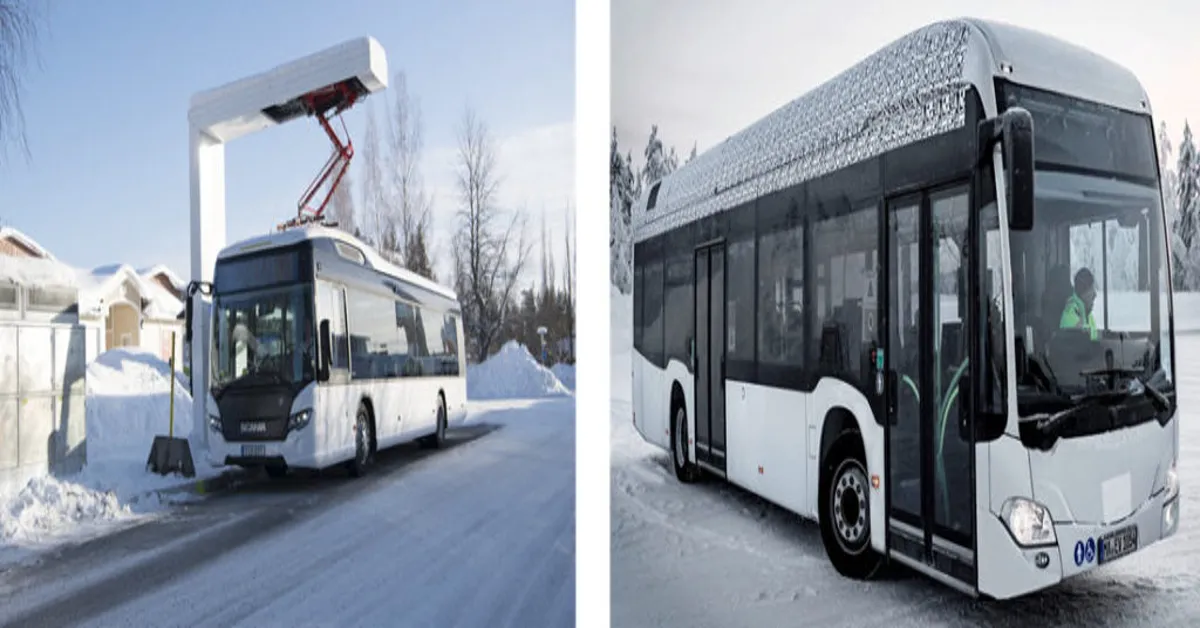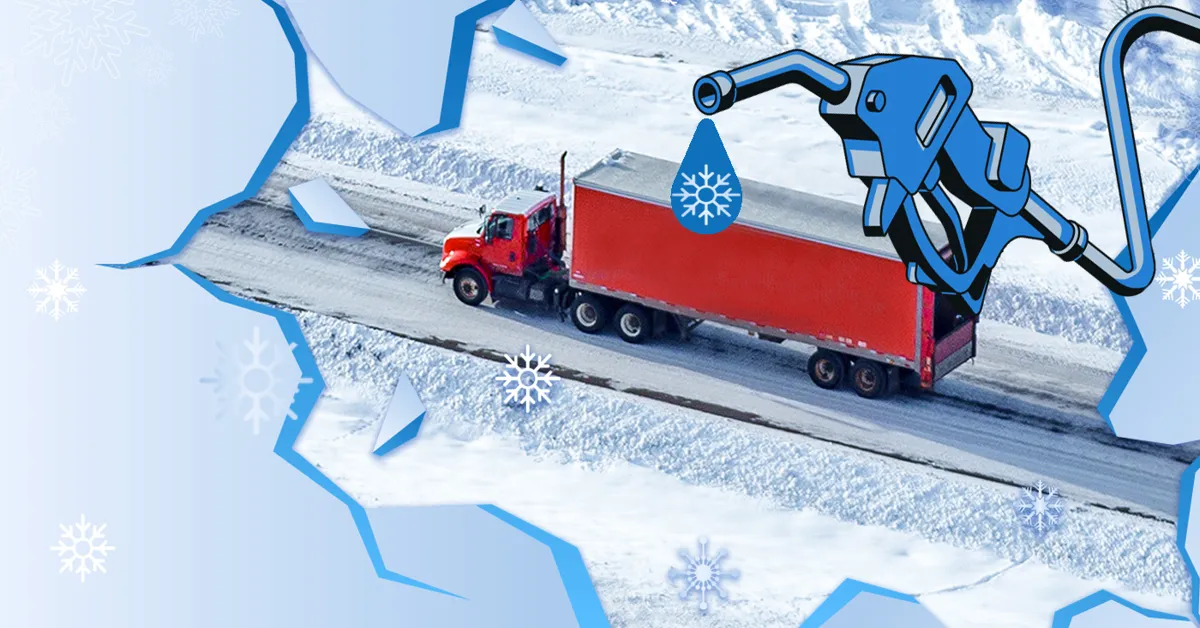Biting winds and falling snowflakes aren’t just a sign to bundle up. They’re also a signal that your vehicle’s fuel efficiency might take a hit. **Understanding the impact of cold weather on fuel efficiency** isn’t just interesting trivia – it’s essential knowledge that could save you money and reduce your carbon footprint.
Winter can be tough on your car, but with the right understanding, you can lessen the blow. So grab a hot drink, sit back, and let’s explore the icy relationship between plummeting temperatures and your car’s fuel consumption. Buckle up, as we take a deep dive into the science and economics of winter driving.
Key Takeaway
- Cold weather conditions, including biting winds and falling snowflakes, significantly impact vehicle’s fuel efficiency.
- Understanding this impact is not just a trivial knowledge but crucial for saving money and reducing your carbon footprint.
- Winter season can be harsh on your vehicle, potentially increasing fuel consumption.
- Having a thorough understanding of this relationship between decreasing temperature and fuel consumption can help in mitigating its effects.
- The article offers a comprehensive insight into the science and economics of winter driving, shedding light on fuel efficiency during colder months.
Introduction to Fuel Efficiency
The impact of cold weather on fuel efficiency is significant, and it’s something drivers should be aware of as winter approaches. Cold temperatures can cause your vehicle’s engine to work harder, resulting in increased fuel consumption. Additionally, the need for heat and other energy-draining features like defrosting and heated seats can further decrease fuel efficiency.
Therefore, it’s essential to understand the relationship between cold weather and fuel consumption to make informed decisions about your driving habits and vehicle maintenance. This knowledge can help you to mitigate some of the adverse effects of cold weather on your vehicle’s fuel efficiency.
Understanding the Impact of Cold Weather on Fuel Efficiency
| Factor | Description | Impact on Fuel Efficiency |
|---|---|---|
| Cold Engine Start | Engines are most efficient when they’re warm. In cold weather, it takes longer for an engine to reach its optimal operating temperature. | This delay in reaching optimal operating temperature leads to lower fuel efficiency in cold weather. |
| Tire Pressure | Tire pressure decreases in colder temperatures, leading to increased rolling resistance. | Increased rolling resistance means your vehicle has to work harder to move, resulting in decreased fuel efficiency. |
| Increased Idle Time | In cold weather, people often let their cars idle to warm up, which uses fuel but doesn’t move the car anywhere. | Increased idle time leads to a significant decrease in miles per gallon, reducing overall fuel efficiency. |
| Winter Fuel Mixtures | Fuel companies often change their blend in the winter to help prevent fuel line freeze-up. | Winter fuel mixtures often provide less energy per gallon than summer mixtures, leading to lower fuel efficiency. |
| Increased Use of Heater and Defroster | The use of the heater and defroster increases in cold weather, which requires energy. | The energy used for these systems can decrease fuel efficiency, especially in short trips where the engine doesn’t get fully warm. |

The Science Behind Fuel Efficiency in Cold Weather
Understanding the Impact of Cold Weather on Fuel Efficiency is crucial for any driver, especially those living in colder climates. Cold weather can significantly affect your vehicle’s fuel efficiency due to several reasons. First, engines take longer to reach their optimum operating temperature, leading to inefficient fuel consumption.
Second, the use of heating systems, defrosters, and heated seats draw substantial energy, reducing fuel efficiency. Lastly, cold temperatures increase air density, creating more aerodynamic drag on the vehicle and making the engine work harder. Understanding these factors can help drivers mitigate the impact of cold weather on fuel efficiency and maximize their vehicle’s performance.
Data on Fuel Consumption in Cold Weather
Understanding the Impact of Cold Weather on Fuel Efficiency is not just an interesting topic for car enthusiasts, but also a crucial one for anyone looking to maximize their vehicle’s performance and minimize fuel costs. Cold weather can significantly reduce your vehicle’s fuel efficiency for a number of reasons. These include the fact that engines take longer to reach their most efficient temperature when it’s cold, and the increase in air resistance caused by denser cold air.
Plus, let’s not forget the additional power required to heat the car’s interior. By grasping the effects of cold weather on fuel efficiency, you’ll be better equipped to take steps to mitigate these effects, such as keeping your car in a garage or scheduling regular maintenance checks.
Real-life Impact of Cold Weather on Vehicles
Understanding the Impact of Cold Weather on Fuel Efficiency is a topic that piques the interest of many, especially those residing in colder regions. Cold weather can indeed affect your vehicle’s fuel efficiency. The frigid temperatures make your engine work harder, requiring more fuel to operate optimally.
This results in reduced fuel economy. Additionally, driving conditions in winter often demand more energy, such as using the heater, defrosting the windshield, and navigating icy roads, all contributing to lower fuel efficiency. Therefore, understanding the relationship between cold weather and fuel efficiency can help you make informed decisions to optimize fuel consumption and maintain your vehicle’s performance during the winter months.
Strategies to Improve Fuel Efficiency in Cold Weather
Unraveling the Influence of Chilly Climates on Fuel Economy The chilling effects of winter often take us by surprise – and so do its impacts on fuel efficiency. It’s a well-known fact that cold weather can make your vehicle less fuel-efficient, but the reasons behind this are quite intriguing. From engine lubrication to tire pressure, a myriad of factors come into play when the mercury dips.
The science behind it is fascinating, but the impact on your pocket can be less so. In this section, we delve into the nitty-gritty of how cold weather can drain your fuel tank faster, and what you can do to mitigate this. Hold onto your seat belts as we embark on this frosty journey of understanding the impact of cold weather on fuel efficiency.
Read More
Statistical Information: Understanding the Impact of Cold Weather on Fuel Efficiency
| Statistics | Percentages | Facts |
|---|---|---|
| The engine efficiency drops by 20% in cold weather. | 20% | Engines require more energy to warm up to optimal operating temperature in cold weather, leading to decreased fuel efficiency. |
| Winter tires can decrease fuel efficiency by up to 3%. | 3% | Winter tires have deeper treads and are made of softer rubber, which increase resistance and decrease fuel efficiency. |
| Using the heater can reduce fuel efficiency by 5-15%. | 5-15% | Running the heater requires energy, which the engine provides by burning more fuel, thereby reducing fuel efficiency. |
| Short trips in cold weather can decrease fuel efficiency by up to 30%. | 30% | When the engine doesn’t have time to warm up on short trips, it operates far from its most efficient point, significantly decreasing fuel efficiency. |
| Idling to warm up the engine can waste 1/4 to 1/2 gallon of fuel per hour. | N/A | Idling is not an efficient way to warm up the engine and can result in unnecessary fuel consumption and emissions. |
Important Notice for readers
As winter sets in, it’s essential to understand how cold weather impacts your vehicle’s fuel efficiency. Cold temperatures can significantly decrease your car’s mileage, leading to increased fuel consumption and potentially higher costs. Remember, the lower the temperature, the harder your vehicle works to function optimally, which can lead to reduced fuel economy.
Understanding this can help you plan better for your winter driving and manage your fuel costs effectively.
FAQs
How does cold weather affect fuel efficiency in vehicles?
Cold weather can significantly impact fuel efficiency in vehicles. The engine takes longer to reach its fuel-efficient temperature, particularly for short trips. The tire pressure also decreases in cold weather, increasing the resistance on snowy or icy roads. Moreover, the use of heaters and defrosters can also consume more fuel.
What are the primary reasons for decreased fuel efficiency during the winter season?
There are several reasons for decreased fuel efficiency during the winter season. The primary ones include longer warm-up times for the engine, increased rolling resistance due to low tire pressure, additional energy required for heating and defrosting, and increased air density that creates more drag on the vehicle.
How much can fuel efficiency be impacted by cold weather?
The impact of cold weather on fuel efficiency can be quite significant. According to the U.S. Department of Energy, a conventional gasoline vehicle’s gas mileage is about 12% lower at 20 degrees Fahrenheit than at 77 degrees. For short trips of less than 5 miles, the decrease in fuel efficiency can be up to 22%.
What steps can be taken to improve fuel efficiency during cold weather?
There are several measures you can take to improve fuel efficiency during cold weather. These include keeping your vehicle in a garage to reduce the engine warm-up time, regularly checking and adjusting tire pressure, minimizing the use of heater and defroster, and avoiding idling to warm up the engine.
Does the impact of cold weather on fuel efficiency differ between gasoline and electric vehicles?
Yes, the impact of cold weather on fuel efficiency does differ between gasoline and electric vehicles. While both types of vehicles experience reduced fuel efficiency, the impact is typically more significant on electric vehicles. This is primarily due to the energy required to heat the battery and the interior of the vehicle, which can significantly reduce the vehicle’s range.
Is the impact of cold weather on fuel efficiency a short-term or long-term effect?
The impact of cold weather on fuel efficiency is typically a short-term effect. As the weather gets warmer, the vehicle’s fuel efficiency should return to its normal levels. However, consistently operating a vehicle in cold weather without proper maintenance can potentially lead to long-term effects, such as wear and tear on the engine.
Conclusion: Navigating Fuel Efficiency in Cold Weather
Cold weather significantly affects fuel efficiency, leading to increased fuel consumption and emissions. It’s crucial for us, as responsible global citizens, to take steps to mitigate this impact, especially amid growing environmental concerns. Let’s consider adopting smarter driving habits and technologies that enhance fuel efficiency, regardless of the weather.
Remember, every mile counts in the fight against climate change. In essence, understanding the impact of cold weather on fuel efficiency is not just about saving money, but also preserving our planet.

Leave a Reply